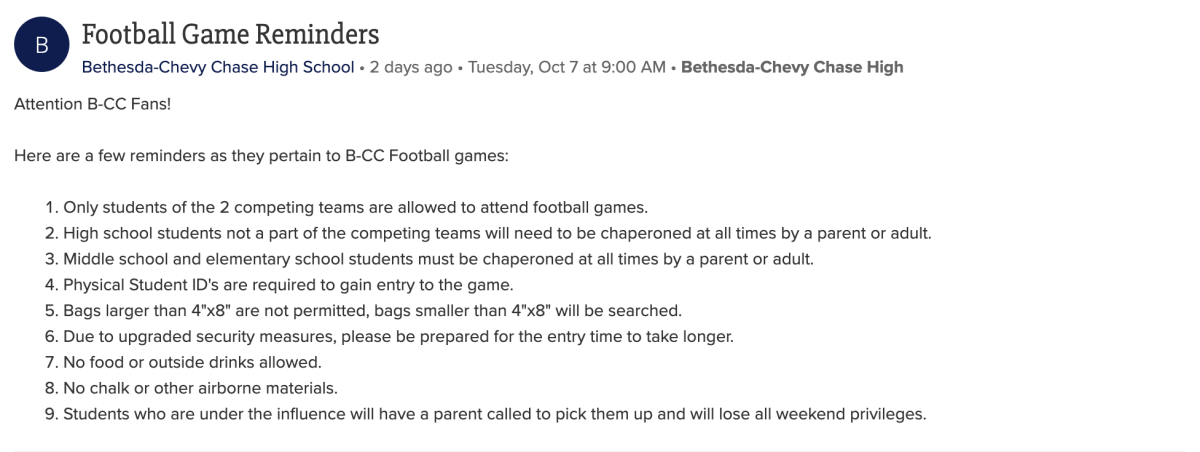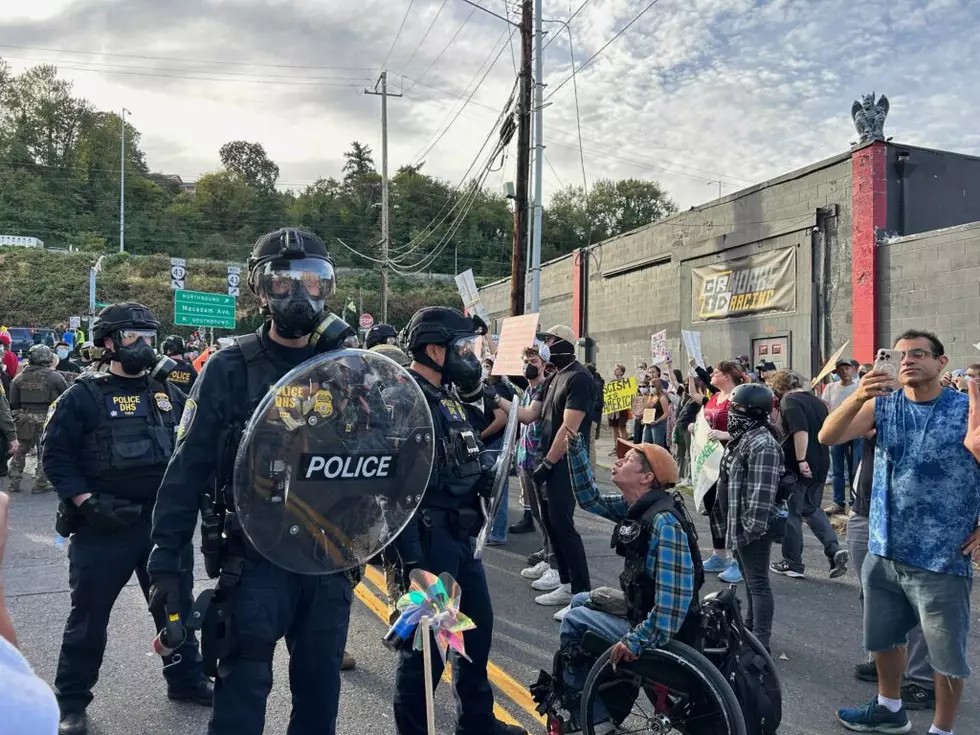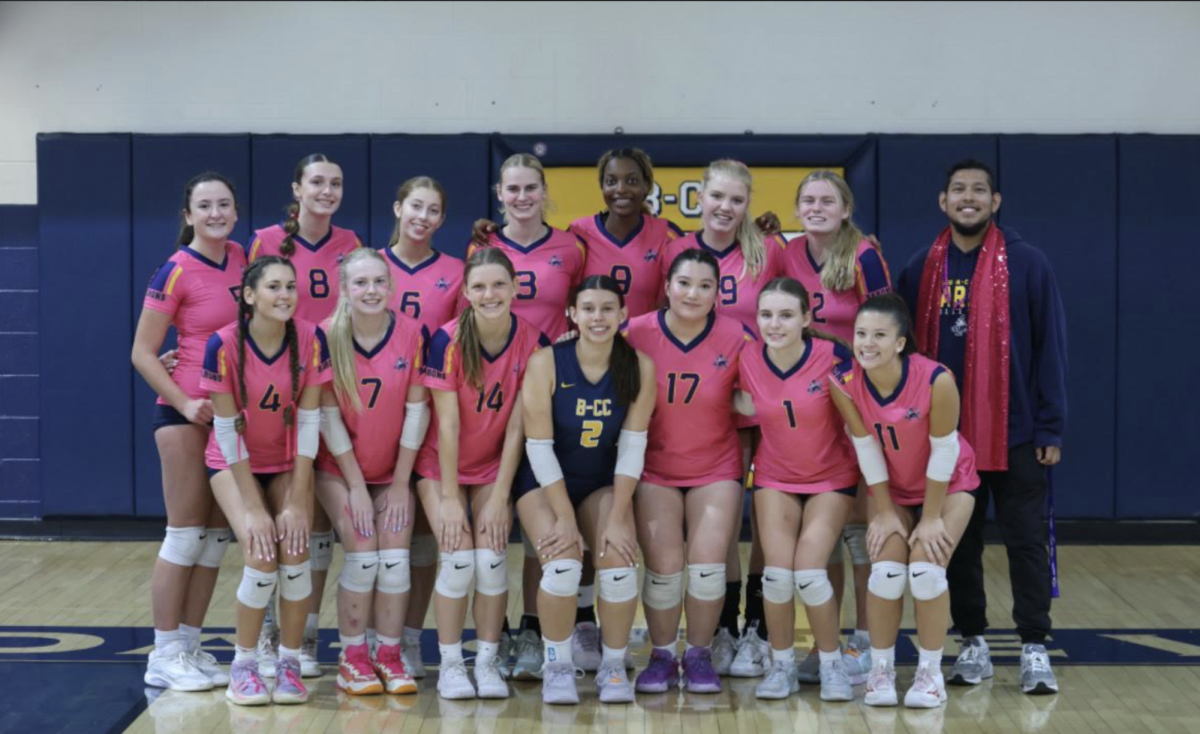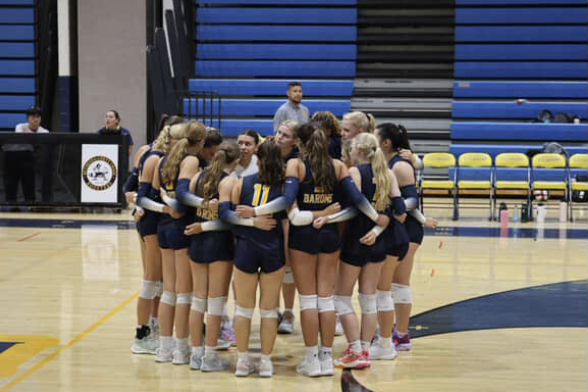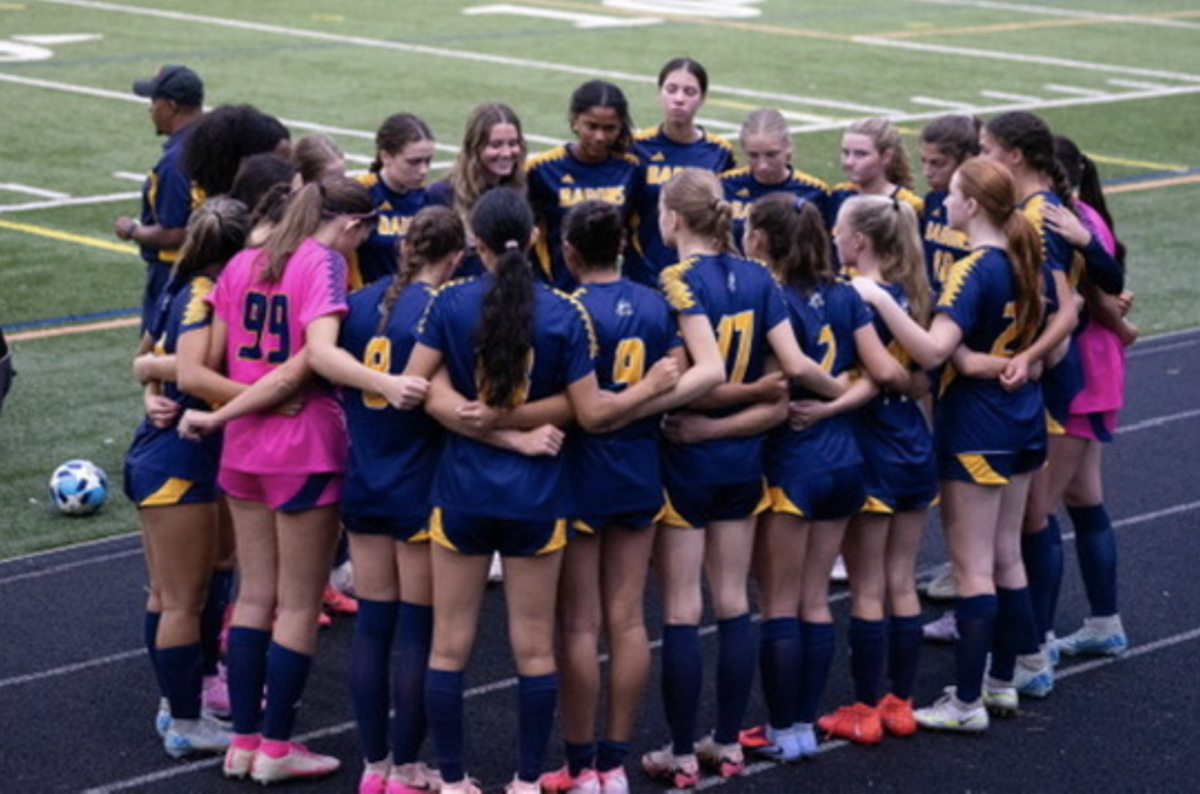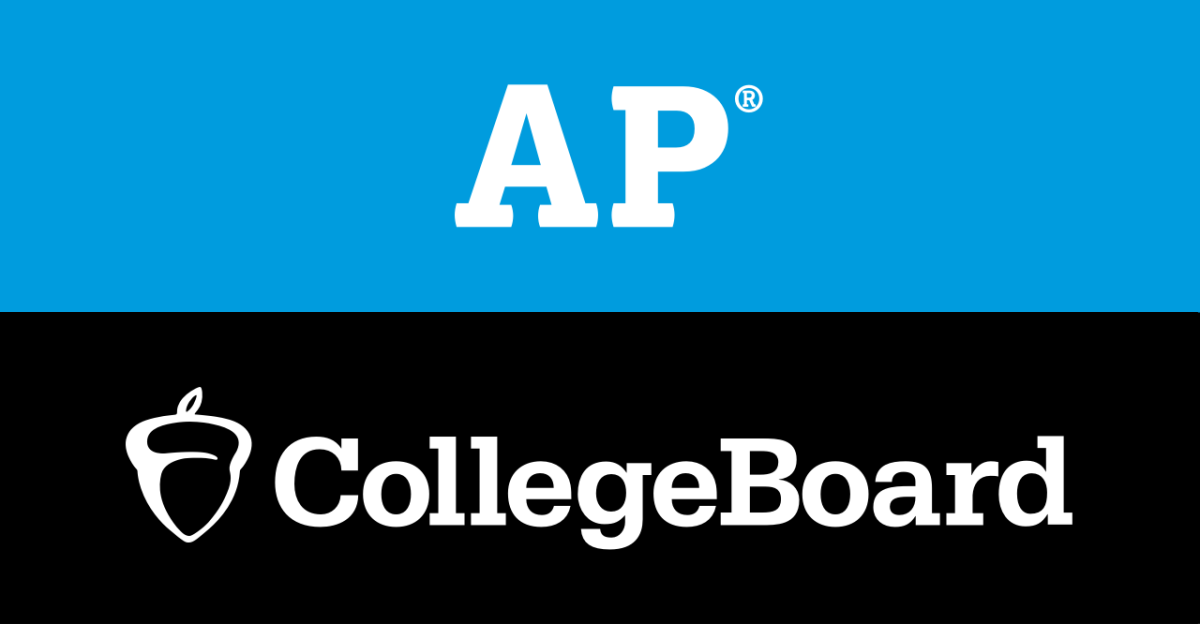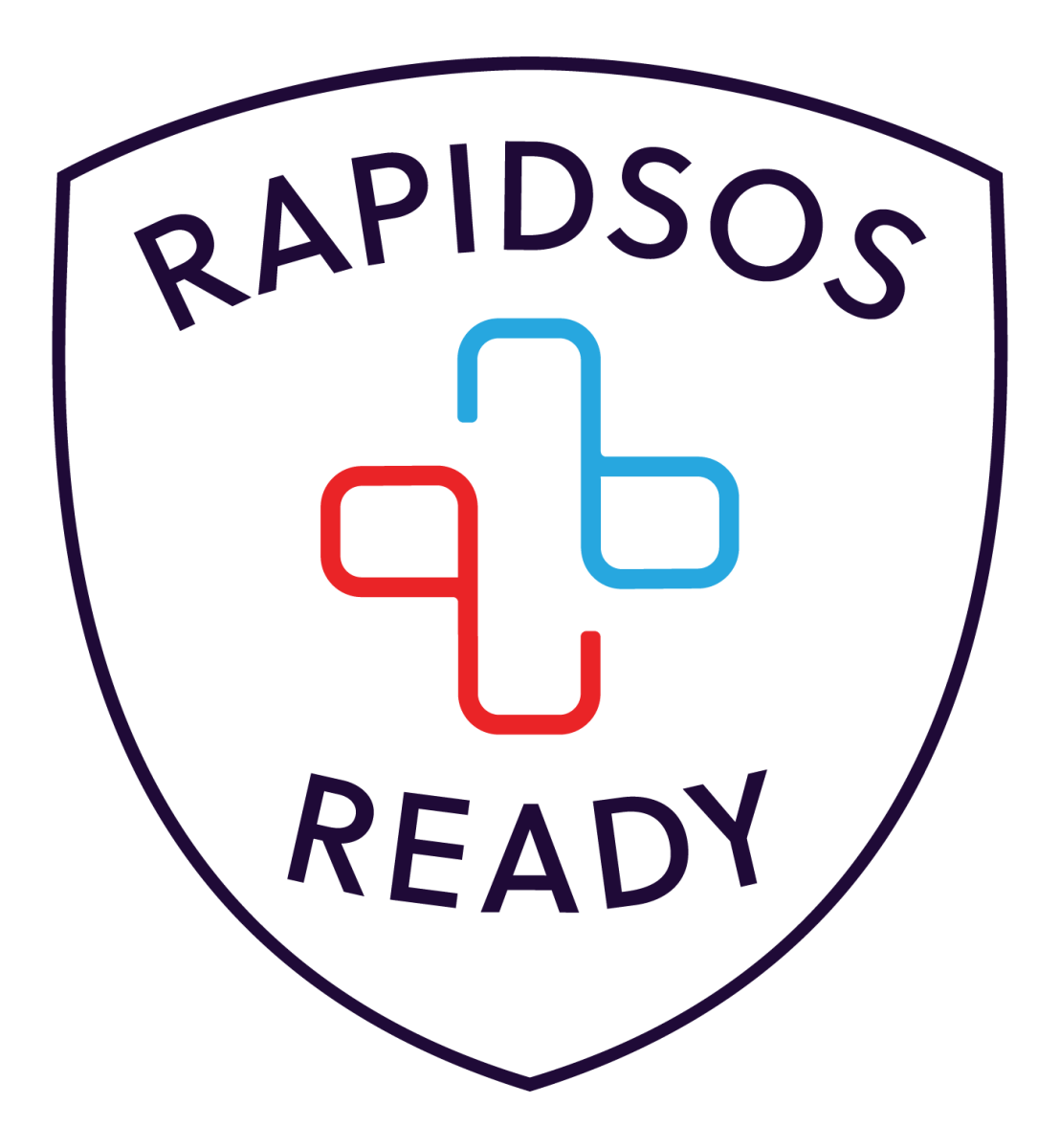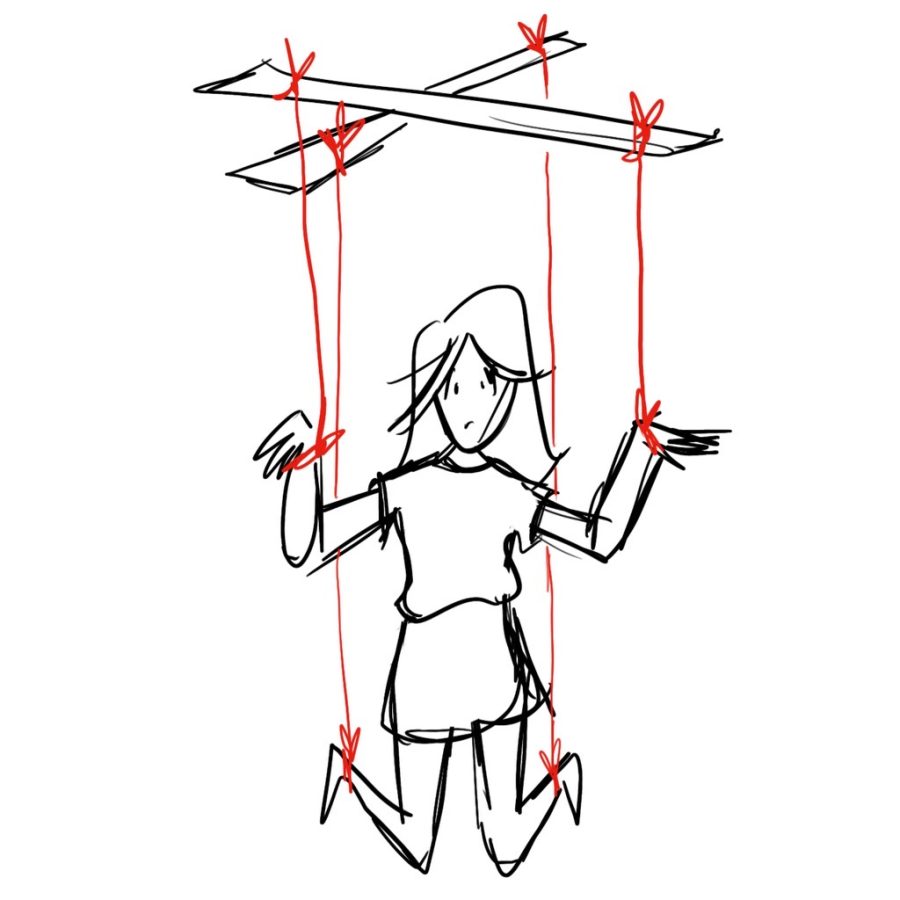It’s my life, Mom!
“I think that while many parents claim to understand how difficult it is to be our age in our environment, oftentimes that doesn’t lower any expectations or lead to genuine empathy,” said junior Cassidy Carroll.
For an average student, life consists of waking up, getting ready for school, being in school for seven or so hours, attending an extracurricular, studying, sleeping, and then doing it all over again. Teenagers are supposed to be wild and free, yet they are struggling to add one more thing to their daily routines: control.
On a whim, I Googled how humans can begin to control their lives. Why? Simple curiosity, and, in all honesty, I was stuck in a rut. This one website stood out to me of the million results, ranging from Reddit threads to higher-order thinking questions. Upon clicking SoulSalt’s article, “How to Take Control of Your Life with 11 Small Shifts (Once and For All),” and scrolling down, I came across a block of text: “Taking control of your life doesn’t mean you control everything that happens. It means confidently moving forward with your goals and priorities while embracing change as an inevitable part of life.”
To sophomore Alex Woodworth, being in control means, “Being able to make my own decisions and not be influenced by outside factors.” Junior Elyssa Glory shared, “I balance priorities with school and personal activities while taking care of mental health and not stressing too much,”
I also Googled “teenage control” and was astonished to come across a surplus of mom blogs detailing how parents have collided with a few obstacles when dealing with teenage minds — they’re tired and overstimulated. While this is entirely understandable, it doesn’t excuse the fact that to them, we aren’t doing anything fulfilling.
“I think that while many parents claim to understand how difficult it is to be our age in our environment, oftentimes that doesn’t lower any expectations or lead to genuine empathy,” said junior Cassidy Carroll, adding, “Parents aren’t adapting their expectations to our circumstances in a productive way.”
Still, it seems like the things students focus more on have more control and power over them than expected. There is little students can do since they put themselves in this situation. If students accept that the reason they are out of sync with what they do is because of them, then maybe they could stop complaining and start reflecting.
Cambridge University defines control as “the ability or power to decide or strongly influence the particular ways in which something will happen/someone will behave.” Keeping SoulSalt’s block of text in mind, what does this definition honestly tell us? Are the “particular ways” prevalent in teenagers’ lives? The teenage control phase and independence vary from person to person. Still, one thing’s for sure: for students, control will take time, and maybe it won’t be as strong as Cambridge University suggests or life-changing as SoulSalt predicts, but we’re off to a good start.

Kristine Roque, a B-CC senior, serves as a Tattler writer and specializes in Opinion. In Kristine's free time, she loves to watch K-Dramas and make paper...


